ARTICLE AD BOX
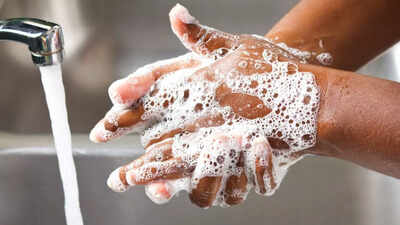
Hand washing is one of the most effective ways to protect yourself from germs and illnesses. Regularly washing your hands with soap and clean water helps reduce the spread of bacteria, viruses, and other harmful microorganisms.
When soap and water aren’t available, the Centres for Disease Control and Prevention (CDC) recommends using alcohol-based sanitisers. While you can’t keep your hands completely germ-free, certain everyday objects are far dirtier than they appear. From money and doorknobs to touchscreens and kitchen sponges, these high-contact items can carry hidden risks. Washing your hands afterwards is a simple step that keeps you healthier.
10 germ-filled things you touch daily and how to stay safe
Money

Cash changes hands countless times, and with it, so do germs. A study published in NIH, have shown that currency can carry hundreds of microorganisms, including bacteria from the mouth, skin, and even pets.
In some cases, pathogens like E. coli and salmonella have been detected on cash and coins. Because money can remain in circulation for years, it continues to collect microbes from every person who handles it. Washing your hands after touching money is an easy way to reduce your exposure to these hidden risks.
Handrails, handles, or doorknobs
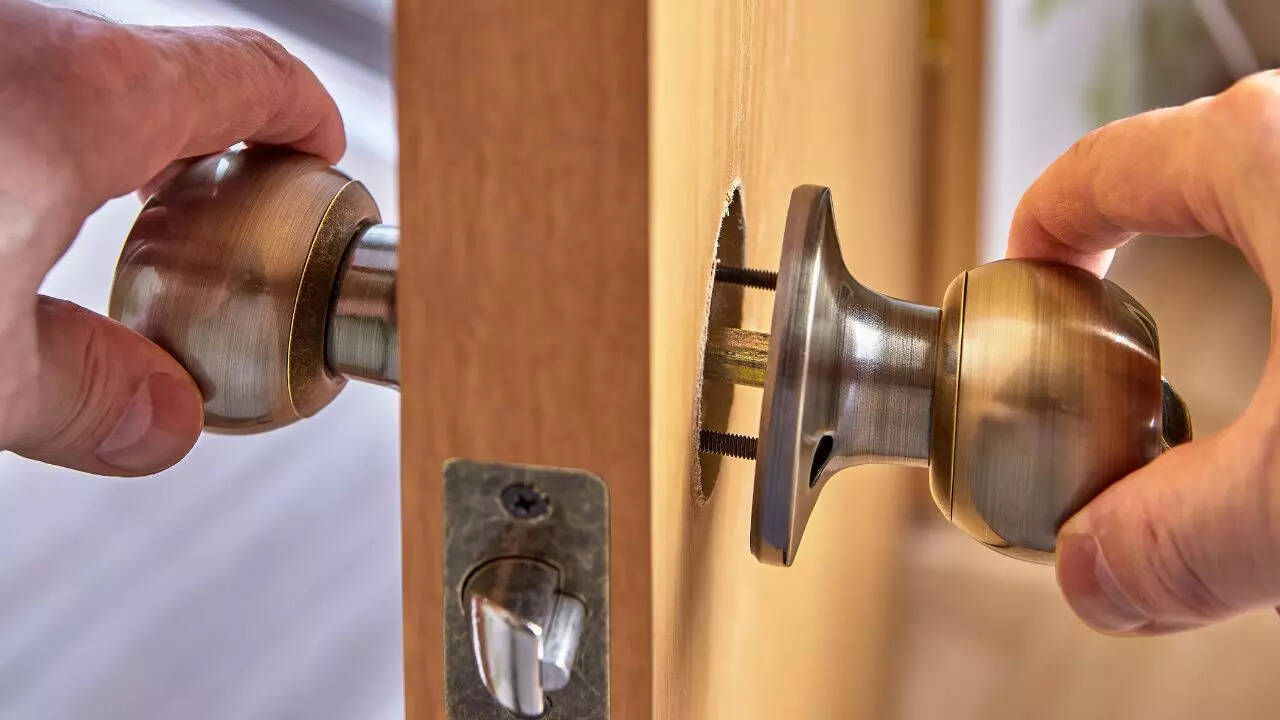
Public spaces are filled with high-touch surfaces such as escalator rails, subway poles, and doorknobs. Since these are touched by thousands of people every day, they are hotspots for bacteria and viruses.
This is particularly concerning during cold and flu season when infections spread easily. Washing your hands after using public transportation or touching shared handles and knobs is one of the best ways to protect yourself and prevent passing germs on to others.
Restaurant menus
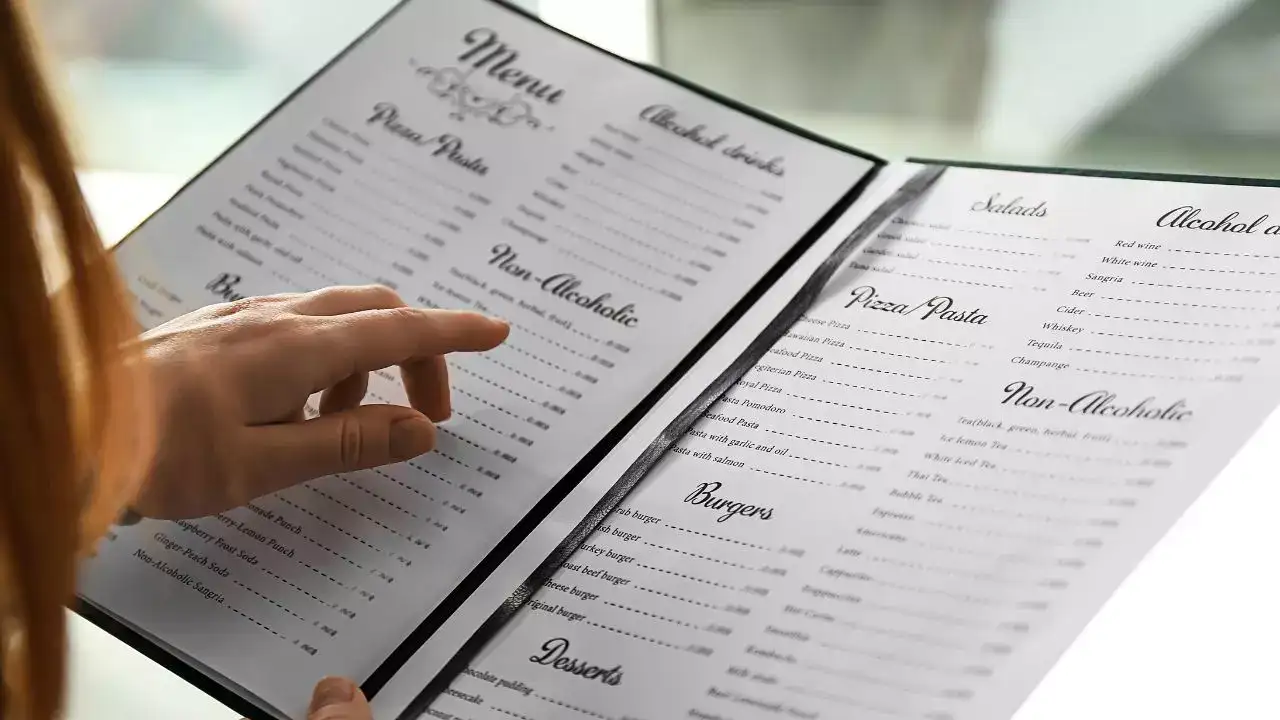
Menus may look harmless, but they are one of the dirtiest objects you can encounter at a restaurant. Research has found that menus can harbour more than 180,000 different bacterial organisms.
Since they are handled by many customers throughout the day and rarely disinfected, they become germ magnets. While you can’t avoid using a menu, you can make sure to wash your hands after placing your order and before eating.
Almost anything in a doctor’s office
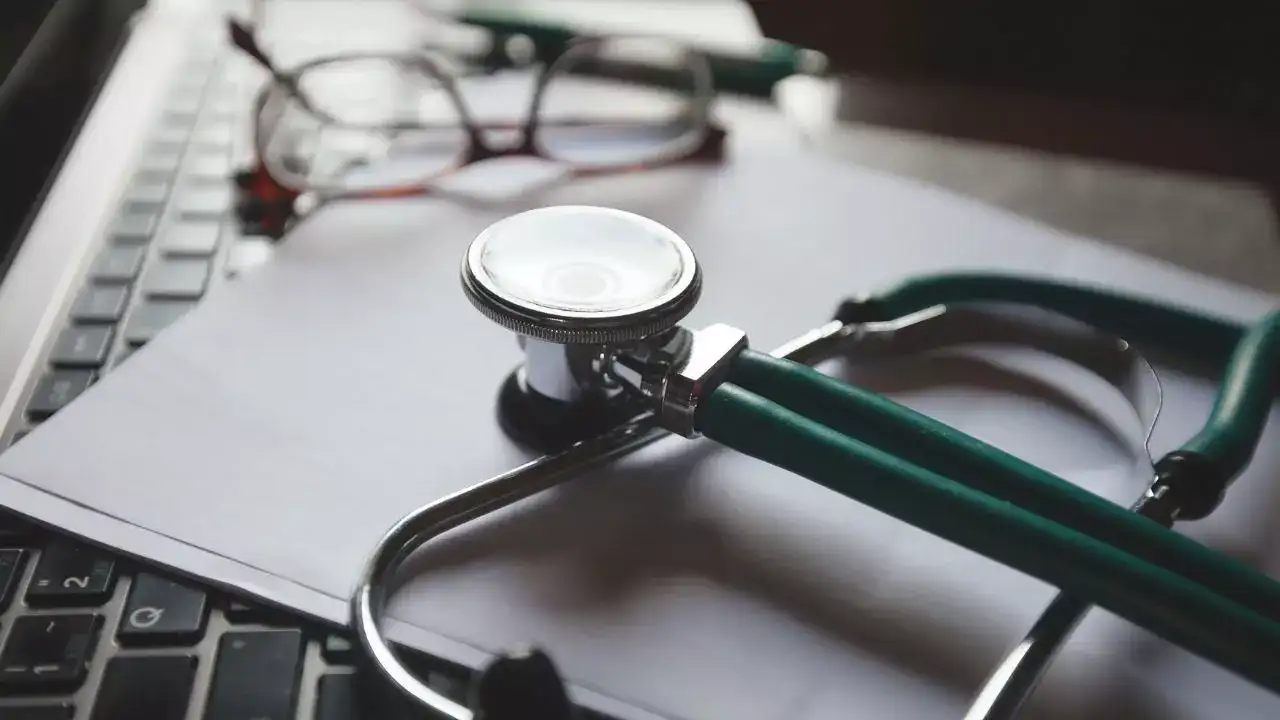
Doctor’s offices are places where many sick people gather, which means germs are everywhere. One of the dirtiest objects is the sign-in pen, which can harbour tens of thousands of bacteria—more than an average toilet seat.
Waiting room chairs, armrests, and door handles also accumulate germs from patients. Washing your hands after visiting the doctor’s office, especially before eating or touching your face, is a crucial step to avoid picking up infections.
Animals and pets

Pets may feel like family, but they can still carry bacteria, parasites, or viruses. Even healthy animals can spread germs through their fur, saliva, or paws. Hand washing after petting, feeding, or cleaning up after animals is essential, whether the animal is your own or someone else’s.
This helps prevent the spread of infections like salmonella or ringworm, which can easily pass from pets to humans.
Touchscreens
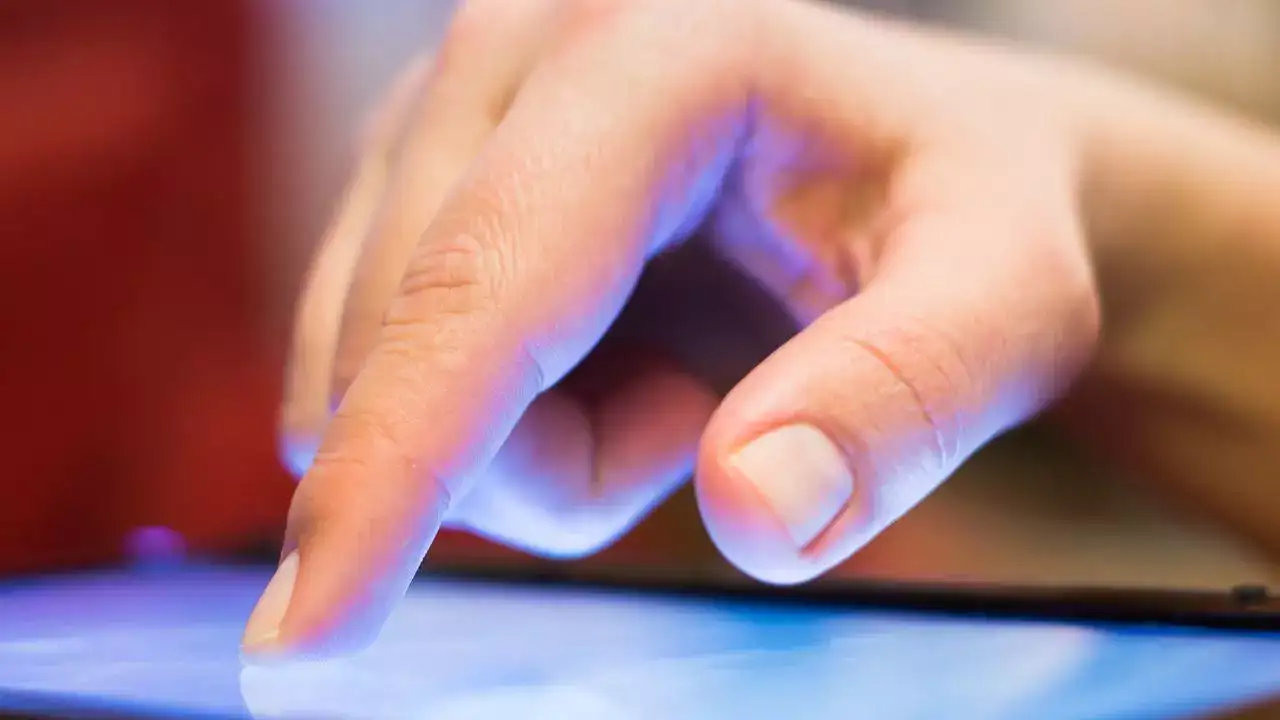
Phones, tablets, and touchscreen kiosks are some of the most frequently touched surfaces in daily life. Public kiosks at airports or train stations are particularly concerning because they are used by thousands of people in a single day. A University of Arizona study found that cell phones carry 10 times more bacteria than toilet seats, since they are constantly handled but rarely cleaned.
Washing your hands after using shared screens, or cleaning your own phone regularly, helps limit the spread of germs.
Cutting boards and kitchen sponges
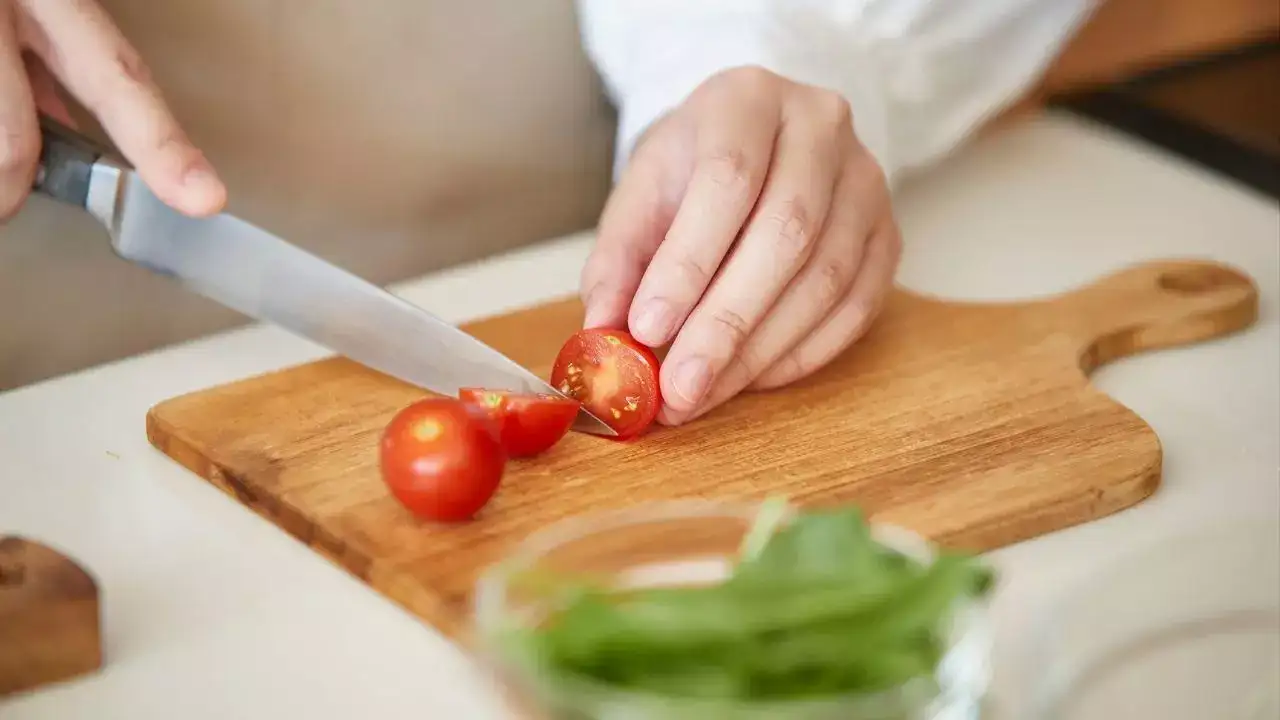
The kitchen is another area where bacteria thrive. Cutting boards that come into contact with raw meat can harbour harmful pathogens such as salmonella or campylobacter. Kitchen sponges are also notorious for housing hundreds of bacterial species because they stay damp and absorb food particles.
Always wash your hands after handling raw food, using a cutting board, or touching a sponge, and replace old sponges regularly to keep your kitchen safer.
Pens that aren’t yours

Borrowing a pen may seem harmless, but shared pens can carry plenty of germs. Since they are handled by many different people, and sometimes even chewed on, they can easily transfer bacteria to your hands. If you need to use a pen that isn’t yours, it’s a good idea to wash your hands afterwards, especially before eating or touching your face.
Soap dispensers or pumps
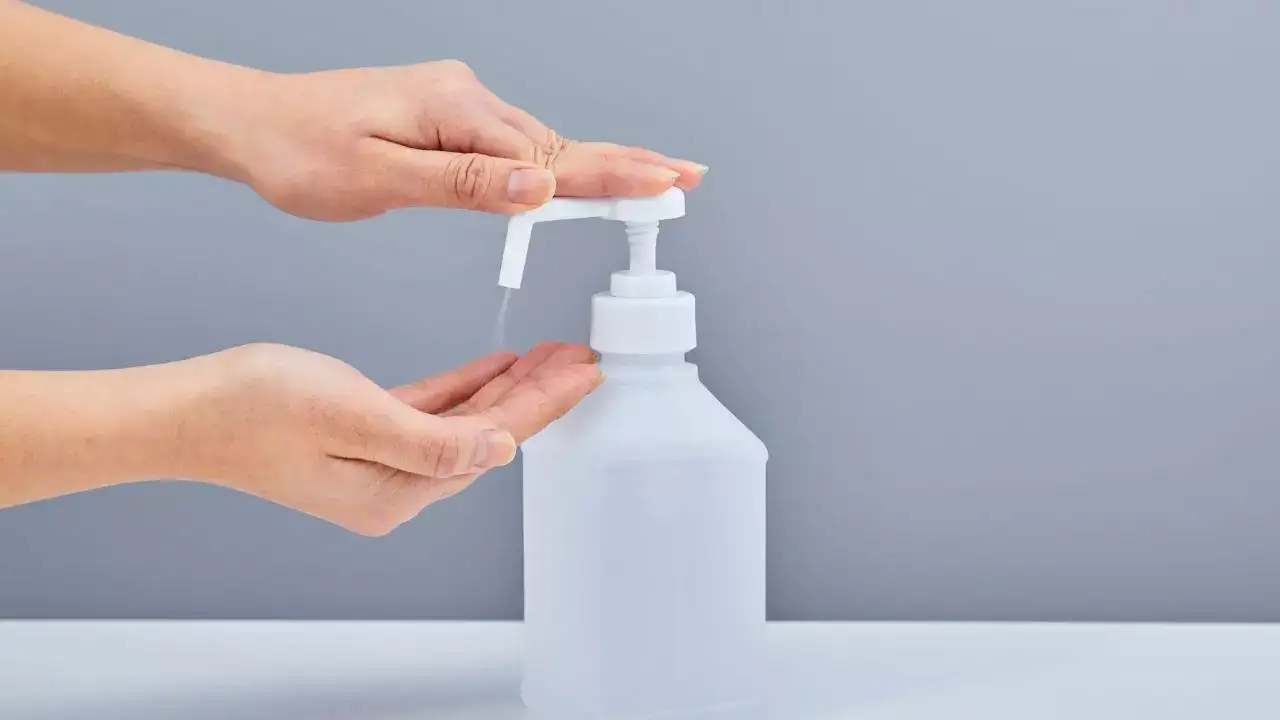
It may sound strange, but soap dispensers can actually spread germs. Refillable dispensers in particular can harbour bacteria on the pump surface. Each time you press the pump, germs from your hands can transfer onto it and then back to you. While washing with soap and water is still highly effective, it’s a good idea to lather thoroughly and rinse well to reduce the risk of recontamination.
Anything in an airport

Airports are one of the busiest public environments, with millions of passengers travelling daily.
Surfaces such as security trays, kiosk screens, water fountains, and doorknobs are touched constantly and can carry a wide range of germs. Security trays are especially concerning since people place shoes, bags, and other items directly inside them. Washing your hands after moving through airport checkpoints can help reduce your risk of picking up unwanted microbes while travelling.Hand washing may feel routine, but it is one of the most powerful defences against illness. Everyday objects like money, touchscreens, and soap pumps harbour countless germs, and touching them without washing up afterwards can expose you to harmful bacteria and viruses. By making hand washing a habit after handling these common items, you can significantly reduce your risk of infection and protect your overall health.Also Read: 3 home remedies to keep lizards away from your home permanently



.png)
.png)
.png)
















 2 hours ago
4
2 hours ago
4







 English (US) ·
English (US) ·